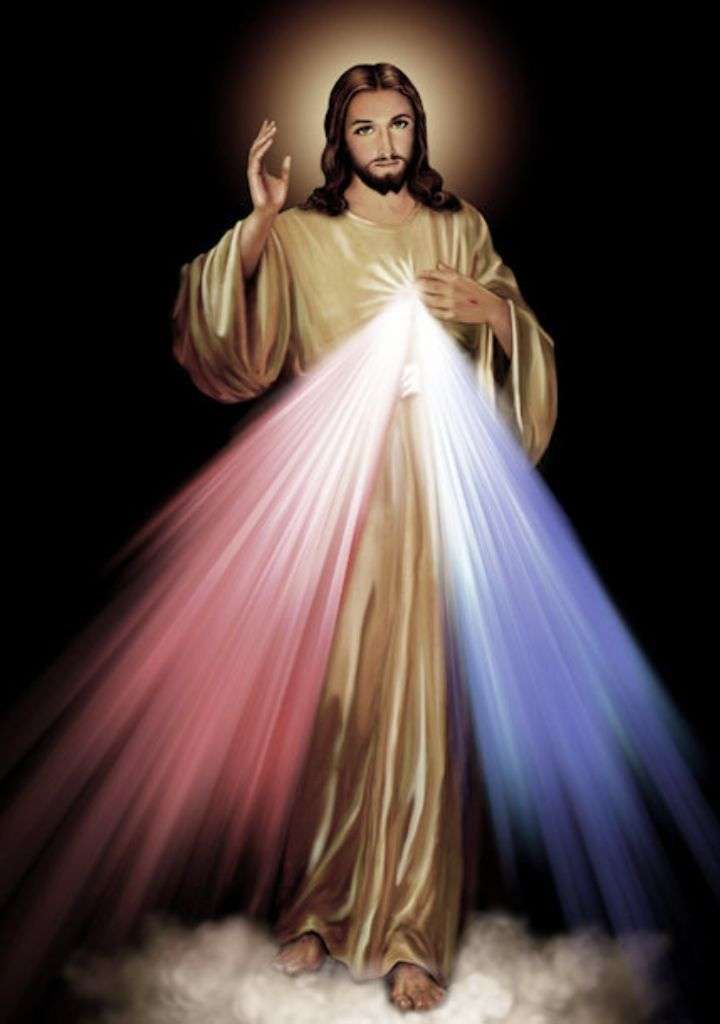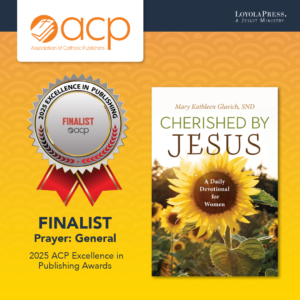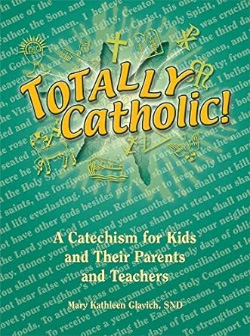 We all have periods in our lives when so many things go wrong, we wonder what else could happen…and then, surprise, it does! The other day at 6:30 AM I got in the car to go to Mass in the dark, and the key wouldn’t turn in the ignition. This had never happened before. In the same brief time span, the television went black, the car’s engine warning sign went on, I couldn’t connect to Facebook, I cut my hand on a Reddi-wip can (very hard to do!), and a thank-you card I sent came back. I won’t even mention what was happening on the national scene. I also lost the large cross that identifies me as a Sister of Notre Dame. How ironic! The Lord had supplied plenty of other crosses. So how does a Christian cope when minor problems pile up or one huge one crops up? You can get frustrated and depressed, but there are tips to help maintain inner peace and sanity.
We all have periods in our lives when so many things go wrong, we wonder what else could happen…and then, surprise, it does! The other day at 6:30 AM I got in the car to go to Mass in the dark, and the key wouldn’t turn in the ignition. This had never happened before. In the same brief time span, the television went black, the car’s engine warning sign went on, I couldn’t connect to Facebook, I cut my hand on a Reddi-wip can (very hard to do!), and a thank-you card I sent came back. I won’t even mention what was happening on the national scene. I also lost the large cross that identifies me as a Sister of Notre Dame. How ironic! The Lord had supplied plenty of other crosses. So how does a Christian cope when minor problems pile up or one huge one crops up? You can get frustrated and depressed, but there are tips to help maintain inner peace and sanity.
Look for the positive angle of the cross. Often there is a blessing hidden in a problem. Because the car key wouldn’t turn, I learned something new from the manual: the key won’t turn when the steering wheel is locked. In the process of having the broken equipment repaired, I met several new, nice people. Because the thank-you card came back, I learned my friend’s correct address.
Our deceased Sister Mary St. Jude, who had a quirky, delightful sense of humor, liked to tell this story:
One day a man’s horse ran away. A neighbor comes over and says, “I’m so sorry about your horse.” And the farmer says, “Who knows what’s good or bad?” The horse returns the next day bringing with him twelve wild horses. The neighbor comes back and says, “Congratulations on your great fortune!” And the farmer again replies again, “Who knows what’s good or bad?” The next day as the farmer’s son is taming one of the wild horses, he is thrown and breaks his leg. The neighbor comes back over and says, “I’m so sorry about your son.” The farmer repeats: “Who knows what’s good or bad?” On the following day, the army comes through their village conscripting able-bodied young men to go and fight in war, but the son is spared because of his broken leg.
but the son is spared because of his broken leg.
Even though you don’t understand why your life is such a mess sometimes, you can trust the good God to know what he is doing. Remember, too, that he loves you with infinite, unconditional love. With his grace, you will get through the storms unscathed.
You can also counteract problems by recalling the wonderful things that happened during those days when you were bombarded with difficulties—events that lifted your heart—like looking out the window just in time to see six deer walking across the neighbor’s lawn or finding out that your sister’s pain is diminishing. Dwelling on those happy moments soothes your bruised heart.
We Catholics have an advantage in that we can offer everything that occurs—good and bad—to God, turning them into a gift. By uniting our crosses with the cross of Jesus, they can also become redemptive. They help further the world’s salvation. Because we believe in the Communion of Saints, our “connectedness” with all people, we can also apply the graces we win by our patient endurance of difficulties to a particular person or intention. That is how we make lemonade from lemons.
On the natural level, as the saying goes, trials make us either bitter or better. By enduring them patiently, we can grow stronger. Moreover, we are able to empathize more easily with other people who are suffering.
It’s said that St. Teresa of Avila was thrown off a mule into a mud puddle. When she complained to God, he said, “That’s how I treat my friends.” She retorted, “That’s why you have so few!”
So we can regard our inconveniences, interruptions, difficulties, and problems as love tokens from God. And as my friend says, “We can kiss them up to God.”
When have you experienced something bad that turned out to be a blessing in disguise?
 BOOK REVIEW The Franciscan Saints
BOOK REVIEW The Franciscan Saints
Robert Ellsberg
Everyone is familiar with the Franciscans St. Francis, St. Clare, and St. Anthony. This biographical book is a fascinating introduction to them and many other members of the Franciscan family. Included in the collection are some of the original Frranciscans, such as Brother Juniper; the founders of various branches of Franciscans, such as Mother Luana White, who founded the Franciscan Sisters of the Atonement; as well as Third Order Franciscans.
The reader may be surprised to learn that St. Elizabeth of Hungary, St. Angela Merici, and St. Pope John XXIII were all Third Order members. The book encompasses many saints, blesseds, venerables, and servants of God, such as Sister Thea Bowman. Even the poet Dante Alighieri, who possibly was a member of Third Order, and the Franciscan Father Mychal Judge have pages devoted to their lives. A total of 107 holy people have found their way into Ellsberg’s book. Living the Gospel values and witnessing to Christ in their particular age and culture and dealing with difficulties and sorrows as we do, they serve as an inspiration.
The book, which required loads of research, is well written and engaging. For example, the opening sentence for the entry for a Franciscan Sister who died in 1943 reads, “Restituta Kafka took her religious name form a third-century martyr beheaded under the Roman Emperor Aurelian, little guessing that the age of martyrdom had not passed.” Each entry concludes with a quotation from or about the person presented. It was hard to tear myself away from reading this book.









